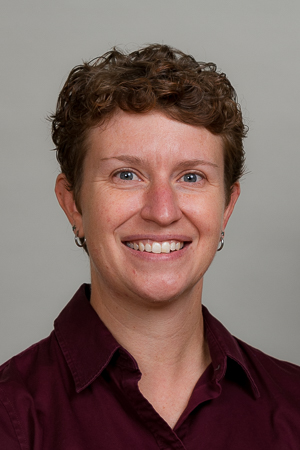Faculty Profile
Sarah Niebler
(she/they)Associate Professor of Political Science (2013)Contact Information
West College (Old West) 2nd Floor
717-254-8093
http://sarahniebler.com
Bio
Professor Niebler's research and teaching interests are in the area of American politics, specifically campaigns and elections, political behavior, and public opinion. She teaches courses on those topics as well as Mass Media and American Politics, Polarization and American Politics, and Research Methods. Her scholarly work has been published in the American Journal of Political Science, Legislative Studies Quarterly, Political Communication, the Journal of Public Economics, the Journal of Elections, Public Opinion & Parties, American Politics Research, and the Journal of Women, Politics, and Policy. Additionally, her research and analysis has been featured on NPR’s “Hidden Brain”, and in The Hill and Roll Call, among others. Currently, Professor Niebler is working on a project examining the nationalization of American political campaigns, asking how much coordination and incidental compatibility is taking place between campaigns at the presidential, congressional, and state legislative levels in 2020.
Education
- B.A., Muhlenberg College, 2004
- M.A., Lehigh University, 2005
- M.A., University of Wisconsin-Madison, 2008
- Ph.D., 2012
